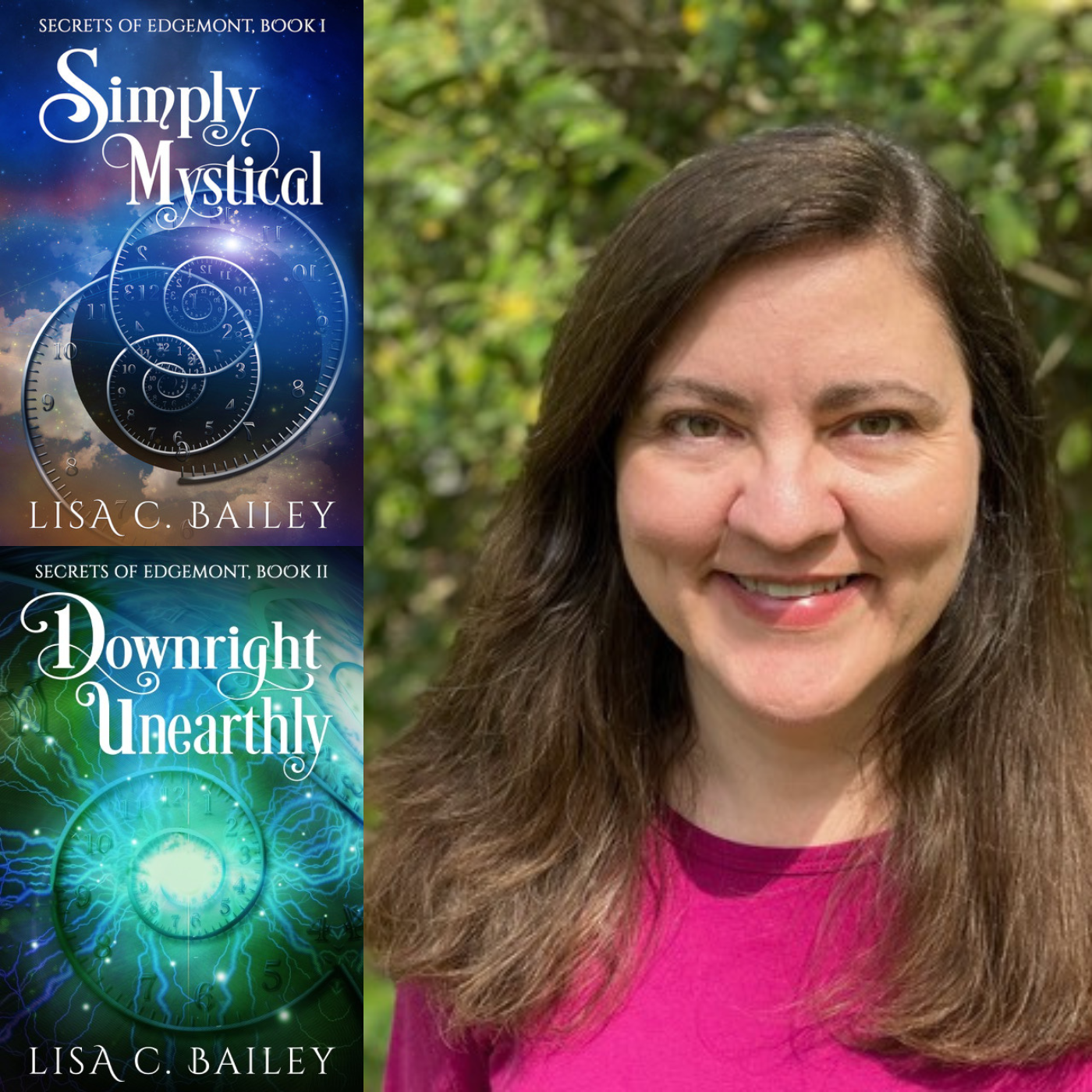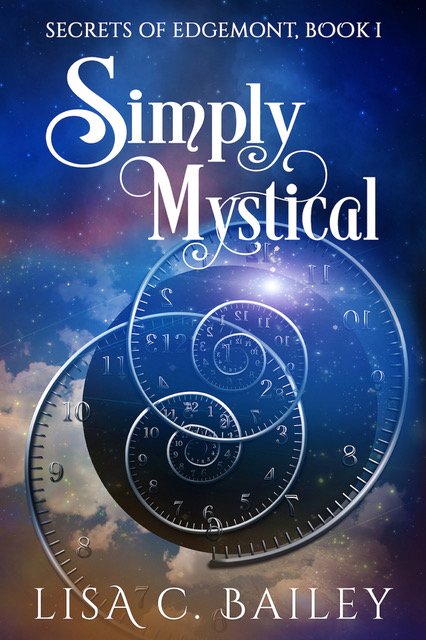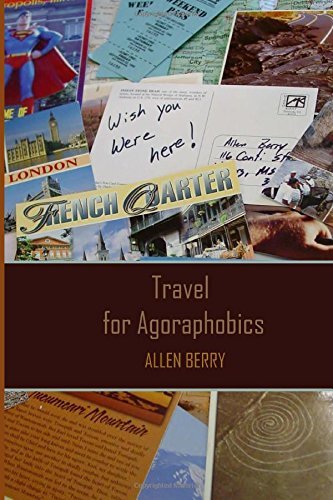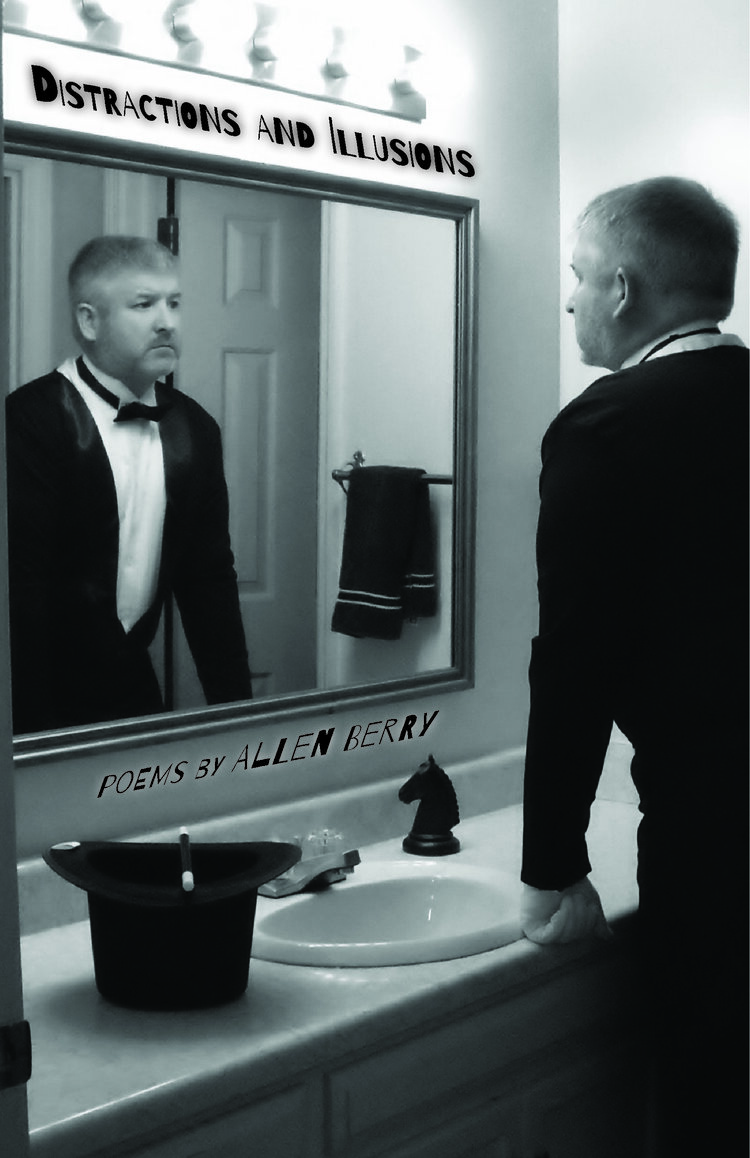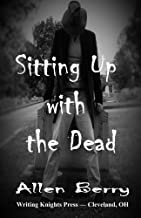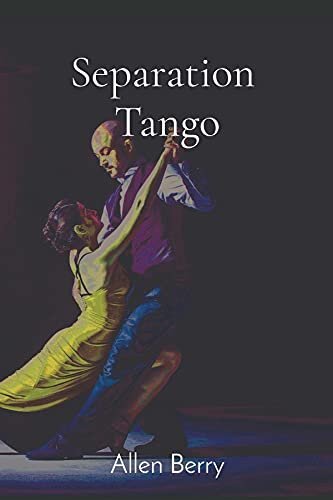Bradley Sides: First off, Allen, congratulations on the recent news of you being named as one of the five poets to make up the Alabama Poetry Delegation. Sounds like a wonderful opportunity! Do you mind talking a bit about what the Delegation is—and also about your planned project for your region?
Allen Berry: Thank you so much. The Poetry Delegation is the brainchild of state Poet Laureate, Ashley Jones, to promote poetry around the state. The Alabama Poetry Delegation empowers five delegates to serve in five designated multi-county regions throughout Jones’ tenure as Poet Laureate (2022-2026). Delegates are tasked with crowdsourcing and creating events and programs for the regions that they serve and in which they live. Our region is Region number one, and we are given the freedom to create a program to increase the awareness about poetry in the public sphere. For my particular project, I’m going to resurrect a program I started with an excellent group of fellow poets back in 2001, the Limestone Dust Poetry Festival. The original festival ran for about ten years, taking a hiatus when my successor did as I had done a few years earlier and returned to school to pursue a masters degree. The goal of the original festival as well as Limestone Dust 2.0 is to bring together the various poetry movements for a day of celebration and sharing of one another’s work.
BS: I know you were born and raised in Alabama, so to be able to help grow the poetry community in your home state must be a really special feeling.
AB: Absolutely. There are a number of poets here in North Alabama just as there were some 20 years back; the various poetry communities are a bit insular, working, writing, inspiring one another, but rarely do they seem to come in contact with one another. The real joy, for me, is getting all these various poets together to share and appreciate each other’s art. Most folks know Huntsville as the Rocket City, and it is. It is also a hub for writers. The idea that we can raise awareness of that fact, even grow poetry as a community and a movement is very exciting.
BS: Let’s talk about your poetry. I’m always interested in how time shapes our work as writers—how pieces of our voice stay the same while other parts of us might transform entirely. You’ve had four poetry collections published throughout the past (almost) decade. In reflecting on your books, what elements of your work do you see reoccurring?
AB: Excellent question. I would have to say that the themes of loneliness and loss have pervaded the work, particularly my chapbook Distractions and Illusions, which explores the ways we hide the truths of the world from ourselves. I write a lot about the embarrassing business of being a human being, pursuing love, and the earnestness of that pursuit. The human condition, as painful as it can be, is also by turns noble, and heroic. As a good friend of mine once stated, “Poets have the gift of an extended goodbye.” Writing about love, loss, and about loyalty to those who have gone on, for me, have been the most fruitful topics for writing. I find myself returning to the same well time and again to drink from experience and craft new work.
We are born alone, often times we live alone, and yet that very loneliness unites us. There is a great nobility in the struggle, and I hope that through my poetry I will be able to reach those who feel that loneliness all too keenly. If I can offer even one of them the sense that they are seen and understood, I’ll have done what I set out to do and that maybe, to paraphrase Kerouac, my efforts will make our lot a whole lot lesser. On a lighter note, I try to incorporate a lot of humor into my work. Given the Human Condition, the only bulwark that we can raise against the indignities endemic in life is humor. Even the most serious of us can be funny, if only in our most guarded or vulnerable moments. My poetry laughs at the beautiful tragedy of humanity in a way that is not fatalistic, but intensely hopeful.
BS: In that same way, how has your poetry changed over the years?
AB: Hm… Much in the same way that you cannot see yourself changing in the mirror and don’t notice it until you compare your image with an old photograph, it’s difficult to say. I like to believe that the work has matured. When I was first writing anything that I dared share with the public, I rhymed more; something that is quite difficult to do well. I find rhyme, at least in my case, quite limiting. Not that it cannot be done and done quite well, I have colleagues who do wonderful rhymed poetry, but I’m confounded by rhyme. If anything, I would say that the work has matured in some ways. The tone is perhaps sadder but wiser. If you read the work of Catullus, the early works are in some cases like that of an angry teenager railing against those who have affronted him, but then toward the end of his works, particularly the elegy for his brother, there is a great beauty and maturity to it.
I like to think that my writing has changed in similar fashion, although hopefully not quite so dramatically. Most of my angry, adolescent, screed has been burned and the ashes buried at an undisclosed location.
BS: I read your latest collection, Separation Tango, last week, and I was quite moved by it. There is tenderness and loneliness and love and just a very honest kind of approach to capturing the emotional complexities of the human experience. A few of my favorite poems in your book are “Refuge,” “What I Remember,” and the titular work.
I won’t ask you which poem is your favorite (because it’s an impossible question for most of us writers), but I am curious which one is your favorite to read at events.
AB: Thank you for that. It was a long and personal work that took its form after the end of a particularly intense relationship. I had always been fascinated by the Tango, and its movements, particularly its inextricable relationship with romance. It occurred to me that a relationship, even the end and aftermath of a relationship is like the Tango. There are movements, slow and elegant, heartbreakingly beautiful that one goes through in the time after a relationship ends. I researched the movements and terms peculiar to the Tango and worked them in to the poem. To date it is one of my favorite works to read.
BS: How would you describe Separation Tango? What do you hope readers take away from it?
AB: I would describe Separation Tango as a love song to unspent tomorrows, the expression of the unused love at the end of a relationship, which is what ultimately encompasses the grief at the end of a love affair. If anything, I hope it offers something of a catharsis for the reader. I want, ultimately what E.M. Forster stated: “Only connect the prose and the passion, and both will be exalted, and human love will be seen at its height.” The book is a meditation and a love letter to all the unrealized tomorrows, saturated with love, crushed by disappointment, and plagued by confusion. The book is a love letter saying it wasn’t all for naught, just look at the beauty that came from it.
BS: What other poets inspire you the most?
AB: My greatest inspiration is a fellow Alabamian named Everette Maddox. He is mostly known as a New Orleans poet, but he was born and educated here before making the Big Easy his home. There is a rawness and daring to his poetry. He was a true master of the language. A colleague of mine studied under him at the University of Alabama, and he said something about Maddox that I have always marveled at and envied. He said “Maddox didn’t just write poetry, he WAS poetry.” No greater compliment could be paid to a poet, although his epitaph, “He was a mess,” is a close second.
I’m also a great admirer of the work of former Poet Laureate, Billy Collins. His deceptively simple conversational style is beautiful and extremely clever. He communicates the deep and powerful subjects that poetry has wrestled with, but does so in a fashion that is accessible, even playful at times.
I would be hard pressed to make a succinct list, as there are far too many luminaries to list here, but special mention should be made too of William Carlos Williams, whose minimalist, imagist style has long inspired me. Once in graduate school, during national poetry month, I slipped into the local Sears and posted his poem “This is Just to Say” –arguably the first refrigerator poem— on the door of a fridge in the appliance section. So much said in such a small space, the poem defines what is said by what is not said, and yet still has the illocutionary force of an apology without the force indicator. Such brilliance!
BS: Before I let you go, do you mind sharing what you are currently working on?
AB: Ha Ha, Ha! Well, I got married to my lovely wife back in October (of 2022), and given that much of my poetry was based on loneliness and heartbreak, the ultimate solitude of the human condition, I’m struggling to find a new direction. The beautiful trauma of this joining has left me somewhat without material. But it’s a problem I’m happy to have.
I had set out with the ambition of writing a poem a day for the entirety of the year 2023. I managed to write a poem for every day of January…. If not one on each day. I quickly abandoned my summit in favor of waiting on the generosities of the Muse. I’m sure she’s just busy, she’ll get back to me as soon she gets back into town.
If nothing else, I’ve participated in an April poetry marathon, that every year since roughly 2012 if memory serves. Hopefully, that will yield new work, perhaps even a new collection. Most of Separation Tango came from a previous marathon. In the interim, I will focus my energies on the Limestone Dust Poetry Festival 2.0.
BS: Thanks again for your time, Allen. Best of luck with your poetry and your work with the Alabama Poetry Delegation!
AB: It was my pleasure, thank you for you interest in my work and all the work you and the AWC do for writers here in our great state.



